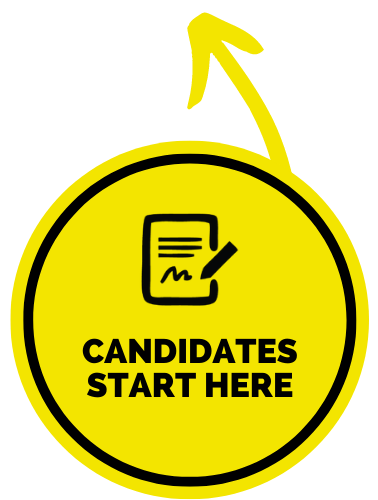
There are lots of lists of things you should do on your job hunt. In fact, just telling people that you’re on a job hunt often sparks a tidal wave of unasked for advice. Not as many people talk about what you should avoid. Here are a few things to keep away from on your job hunt.
1. Don’t advertise the fact that you are on a job hunt
Unless you’re in a special circumstance where your employers know that you’re looking for a change, telling people that you’re looking for work can be risky. When talking about your job hunt, make sure that you’re telling people really close to you that you know won’t let it slip. Unfortunately, this rules out a lot of co-workers. Even though they might not mean to say anything, office chat can lead to slip-ups and awkward situations later.
2. Don’t rely solely on job listings
Networking is your best friend on a job hunt. According to a study by the Federal Reserve Bank of St Louis, looking for work in your immediate network can take as much as 3 months off your job seeking time. You might also find that finding a job from your network leads to higher job satisfaction. Would you work for a company you know nothing about? Or would you rather work for a company where you can get a first-hand account of the work environment from someone you know?
3. Don’t forget to double-check all communications
When you’re on a job hunt, your personal brand is EVERYTHING. While you might not be a spelling and grammar whizz, not checking these things could cost you valuable opportunities. According to The Undercover Recruiter, almost 60% of recruiters will reject candidates because of bad spelling and grammar. Always make sure that your CV, emails, social media accounts, and voicemail are professional and helping you in your search.
4. Don’t forget to send a thank you after an interview
Want to know an easy way to stand out from the crowd? Say thank you! After an interview with a recruiter or potential employer, don’t forget to email them a thank you. It shows that you value their time, and that you are serious about the role. It also serves as a reminder or prompt to the recruiter or employer to get back to you as soon as possible.
5. Don’t immediately accept counteroffers from your employer
This is a tough one, but one that you’ll find super helpful in the long run. It’s rare that the only reason you’re leaving a company is the salary. Often there are other factors like the stability of the company, the work environment, and your job satisfaction involved. When you hand in your resignation letter, companies will scramble to get you to stay to avoid recruitment, restructuring, or training costs. It might be tempting to stay for these offers of higher salaries but give it some thought. If they’re not addressing any of the other issues you have, it’s probably not worth it.
Remember:
There’s no right or wrong way to conduct a job hunt. Keep an eye out for things hurting your chances and make sure that whatever decisions you’re making are 100% right for you.









